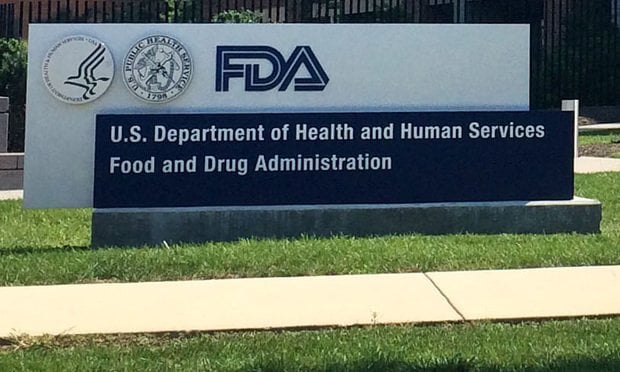New research by the George Washington University School of Public Health and Health Services indicates that including comprehensive tobacco cessation benefits in Medicaid insurance coverage can result in "substantial" savings for Medicaid programs.
The study found that every dollar spent in program costs resulted in an average program savings of $3.12, which represents a $2.12 return on investment. The research shows that investing in smoking cessation programs can result in lower levels of smoking, which in turn lead to reductions in hospital admissions for heart related problems and significant savings for Medicaid. The financial support for the research came from Partnership for Prevention.
"Smoking is the leading cause of preventable death in the United States," says Leighton Ku, professor of Health Policy at the GW School of Public Health and Health Services, who led the research project. "Millions of low-income smokers in the U.S. are insured by Medicaid. In 2004, smoking-related Medicaid expenditures for all states combined was $22 billion, which represented 11 percent of all Medicaid spending. Investments in comprehensive tobacco cessation services in Medicaid can improve the health of patients, as well as save money for states and the federal government."
Complete your profile to continue reading and get FREE access to BenefitsPRO, part of your ALM digital membership.
Your access to unlimited BenefitsPRO content isn’t changing.
Once you are an ALM digital member, you’ll receive:
- Critical BenefitsPRO information including cutting edge post-reform success strategies, access to educational webcasts and videos, resources from industry leaders, and informative Newsletters.
- Exclusive discounts on ALM, BenefitsPRO magazine and BenefitsPRO.com events
- Access to other award-winning ALM websites including ThinkAdvisor.com and Law.com
Already have an account? Sign In
© 2024 ALM Global, LLC, All Rights Reserved. Request academic re-use from www.copyright.com. All other uses, submit a request to [email protected]. For more information visit Asset & Logo Licensing.








